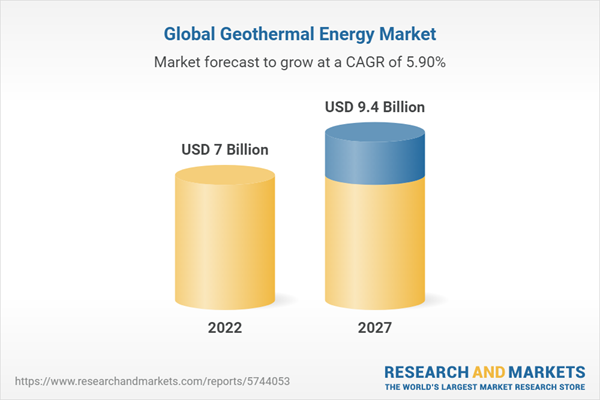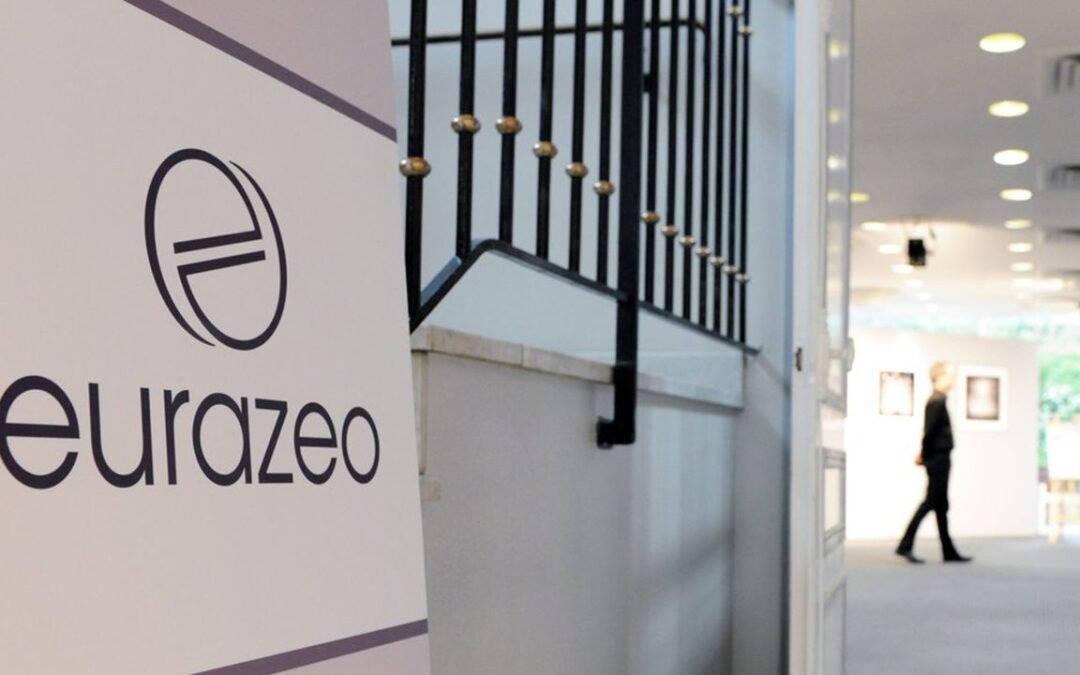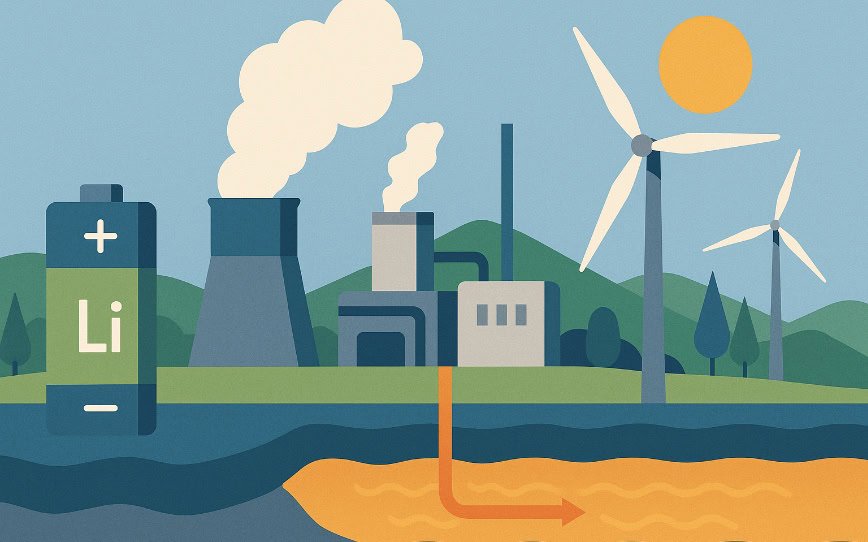Vulcan Energy Resources Limited has announced a substantial 76% increase in its lithium brine resource estimate for the Mannheim licence area located in Germany’s Upper Rhine Valley Brine Field (URVBF). This update follows a comprehensive 3D seismic survey and marks a significant advancement for the company as it aims to expand its renewable energy and lithium production capabilities.
As of July 7, 2025, the total lithium brine resource for the Mannheim sector is now estimated at 3,225 kilotonnes of lithium carbonate equivalent (kt LCE) at a concentration of 155 mg/Li. This is an increase from the previous estimate of 1,833 kt LCE at 153 mg/Li, reflecting an addition of 1,392 kt LCE.
In addition to the updated lithium estimates, Vulcan has also completed its first geothermal energy resource estimate for the Mannheim sector, identifying a total geothermal resource of 2,848 petajoules (PJ) (Indicated) and 10,539 PJ (Inferred), with recoverable resources estimated at 171 PJ (Indicated) and 377 PJ (Inferred). This dual-resource estimation underscores Vulcan’s strategy to integrate lithium and geothermal production in future developments.
The Mannheim licence area is positioned 40 kilometers northeast of Vulcan’s Phase One project, known as Lionheart, which is focused on lithium extraction and geothermal energy production. A scoping study is currently underway to evaluate further production capabilities, including the potential expansion of the existing downstream lithium hydroxide monohydrate (LHM) facility located in Industrie-Park Höchst.
Vulcan aims to supply geothermal heat from its Mannheim geothermal sources to the district heating network of MVV Energie AG, a prominent German energy provider, while simultaneously producing sustainable lithium for electric vehicle (EV) battery manufacturing. Ongoing negotiations with MVV are expected to revise the current heat offtake agreement to reflect these updated resource estimates.
The company is committed to utilizing natural geothermal heat to extract lithium from sub-surface brines and convert it into battery-quality materials. This approach aims to establish a local, low-cost source of sustainable lithium, positioning Vulcan as a key player in the European EV battery supply chain. The European Commission has recognized Phase One of Vulcan’s project as a Strategic Project under the Critical Raw Materials Act (CRMA), highlighting its alignment with the EU’s objectives for a sustainable supply chain for critical materials.
Cris Moreno, Vulcan’s Managing Director and CEO, stated that the completion of the lithium brine resource update, along with the initial geothermal energy resource estimate, represents a significant advancement in the company’s pipeline of integrated lithium and renewable energy projects within the URVBF. He emphasized the strategic importance of the URVBF, which is the largest lithium resource in Europe and features high-quality geothermal resources.
The updated lithium estimates are based on a Competent Person’s Report prepared by GLJ Ltd and align with previous resource assessments. The increase in resource volume is attributed to improvements in geological modeling and the collection of new data through enhanced exploration techniques, including the recent seismic survey.
Geothermal resources, while not classified as reserves, demonstrate a reasonable prospect for economic extraction based on the identified brine volume and heat flow characteristics. Vulcan’s ongoing efforts to develop these resources will further cement its role in the growing renewable energy sector in Germany and across Europe.
The Mannheim licence area currently does not have operating geothermal facilities. However, Vulcan plans to replicate its Phase One project model at Mannheim, focusing on lithium-co-production alongside geothermal power and heat in future phases of development. The company has established binding lithium offtake agreements with major players in the battery and automotive sectors, reinforcing its commitment to a sustainable business model that integrates environmental, social, and governance (ESG) considerations into its strategy.
As Vulcan continues to progress its projects, further details on its resource estimates will be reported in accordance with industry standards, ensuring transparency and confidence for investors and stakeholders alike.




